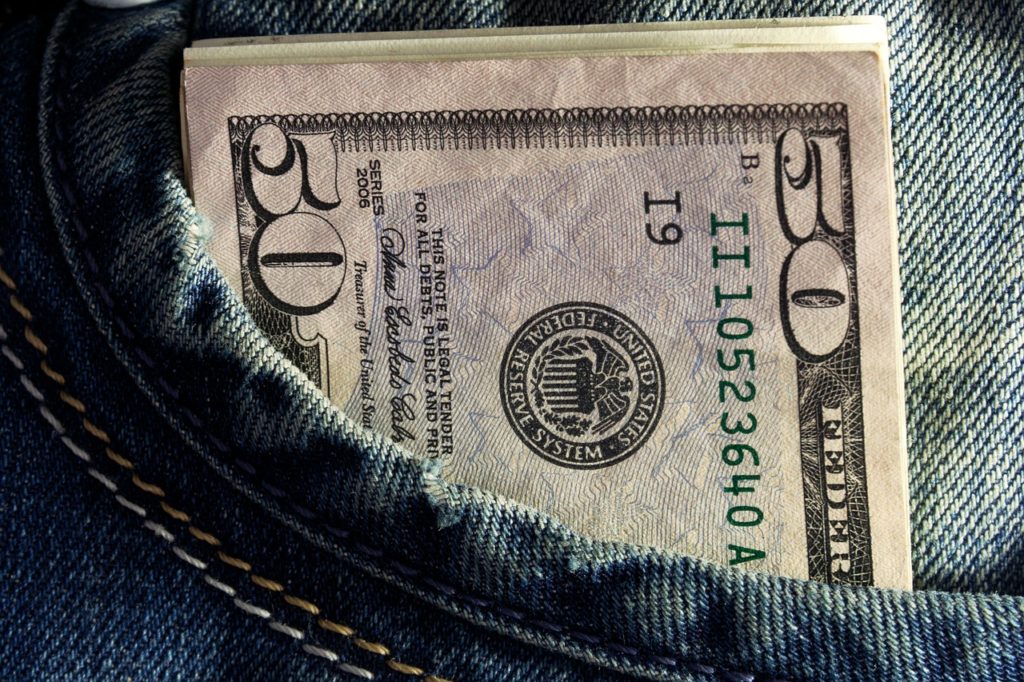How To Set A Reasonable Salary For Yourself

Unlike in a traditional work environment, as an entrepreneur you’re both the salary-giver and the salary-receiver. How much you put into owner’s compensation is up to you, and this decision will invariably impact how much money is left to reinvest in your business.
That’s why figuring out your personal finances is a part of the process you can’t skip. If you know how much you need to live on, you won’t need to allocate more than that to owner’s compensation, and if you’re able to significantly reduce your living costs you’ll free up money that can go back into the business.
That’s how Jay Yi and Lauren McPherson, of Succuterra, approached the intersection of their business’ finances and their personal finances.
“Thinking back to when we first started getting into eCommerce, we were extremely frugal and so careful with spending money because everything was new. It’s scary to think you could lose money especially when you don’t have much, like we did. As for how much we pay ourselves, we take only what we need to maintain the lifestyle we want. Anything extra goes right back into the business to scale.”
Here are some ways you can figure out how much your lifestyle really costs.
- Start using a budgeting app like Mint or YNAB. By connecting them to your bank accounts and credit cards, you can easily start to see how much you really spend on different things.
- Review your last few months of bank statements. Thrilling, right? But the best way to get a sense of your spending patterns is to actually look at them. If you want to figure it out now, not in a few months, this data will be a big help.
- Write out a monthly spending plan that makes sense. You might be up for radical changes, like cutting all spending on restaurants, but if not, be honest with yourself and set a plan you can stick to.
Once you know how much you need to spend in a month to maintain the lifestyle you want, that number can inform the salary you pay yourself.
Don’t forget to account for things like irregular expenses (annual payments, etc.) and emergencies, too. Most financial pros will advise that as an entrepreneur, you should have three to six months salary saved in an emergency fund just in case.
At the end of the day, all of your financial decisions come down to prioritization, and we’re not here to set your priorities for you. Once you have a full understanding of your personal and business finances, you’ll be able to make more informed decisions about how you want to use your money to achieve your goals. That’s the fun part.
